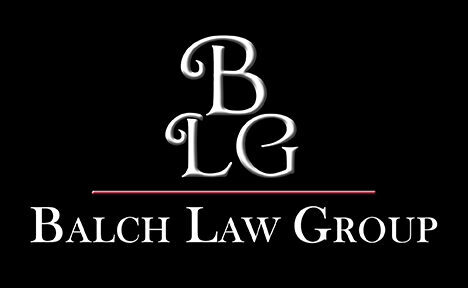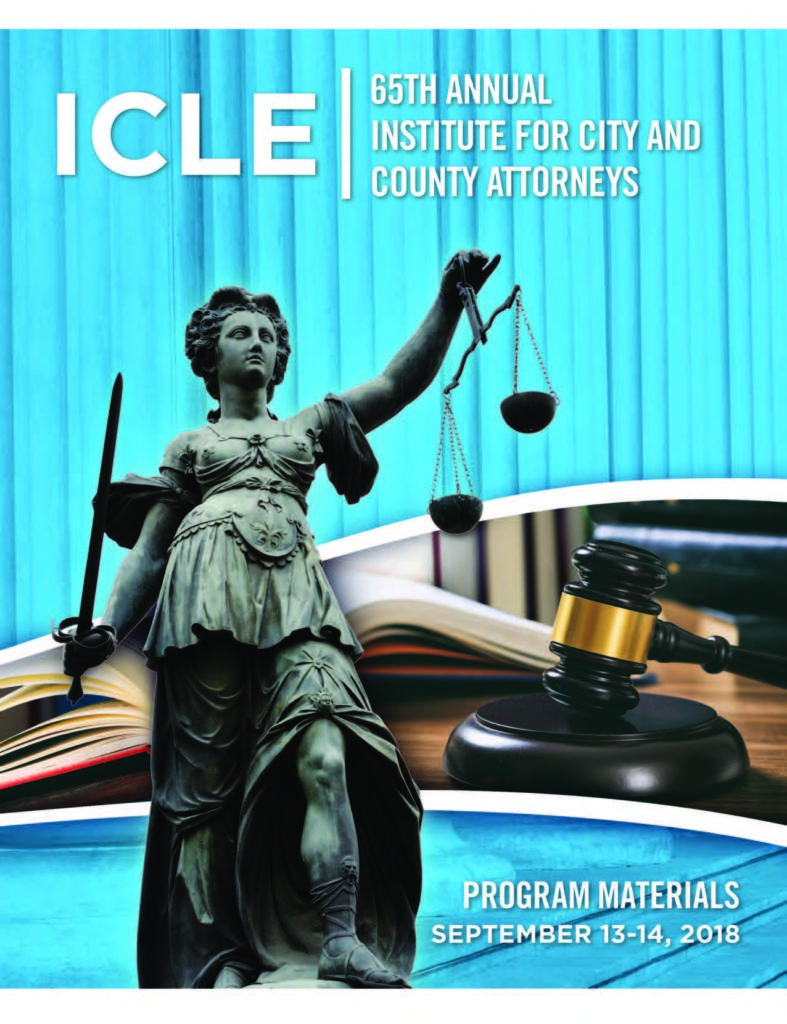Our firm was proud to present to the International Municipal Lawyers Association Mid-Year Seminar in Washington, DC in April.
In tandem with Brookhaven Police Lieutenant Abrem Ayana, we presented on the policies, procedures, and operational guidelines governing the Brookhaven program.
Our work on behalf of local governments has always been at the forefront of the law and technology. This is especially true in the Brookhaven Police Department Drone as First Responder program initiated in 2020 and deployed in active service in 2021.
Utilizing Unmanned Aerial Systems, or drones, trained and licensed police officers launch their craft in 2 person teams, one officer acting as pilot and the other as observer of the onboard camera feed. The systems are not used for surveillance and are only deployed in response to a 911 call for police services. The drones have the effect of enhancing police response time to a scene, providing oversight to a scene for tracking suspects, and determining if additional police response is even necessary.
Law Enforcement Helicopters are expensive to buy, store, maintain, staff, and deploy. Unmanned Aerial Systems, UAS or drones, are expanding into law enforcement to save not only costs, but more importantly, lives.
Our UAS work in Brookhaven was built on the pioneering efforts of the Chula Vista Police Department in southern San Diego County, California. Brookhaven became the first similar program east of the Mississippi.
In developing the program, our firm concluded early on that we needed to obtain buy-in and input from various stakeholders, including privacy and civil liberties groups, prosecutors, and criminal defense lawyers. Our firm worked diligently to bring these groups to the table and incorporate many of their suggestions or questions into the final policy document.
Our presentation at IMLA in April focused on utilization of the program by police officers and the policy development and monitoring that is necessary to ensure the continued success of the program. Many states have enacted laws preventing the use of drones by law enforcement in any capacity. Georgia is not one of them, and the key to keeping it that way is to make sure that the use of such technology is carefully limited to areas that are non-controversial and do not raise the concerns of police mis-trusting individuals or groups.
Read more about BLG’s UAS consulting and implementation options.




